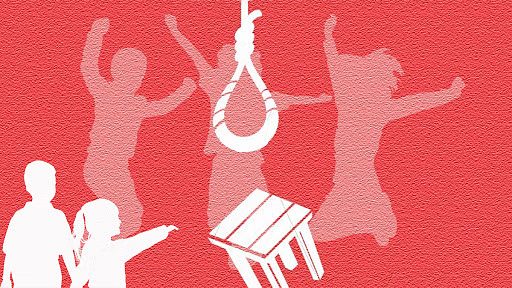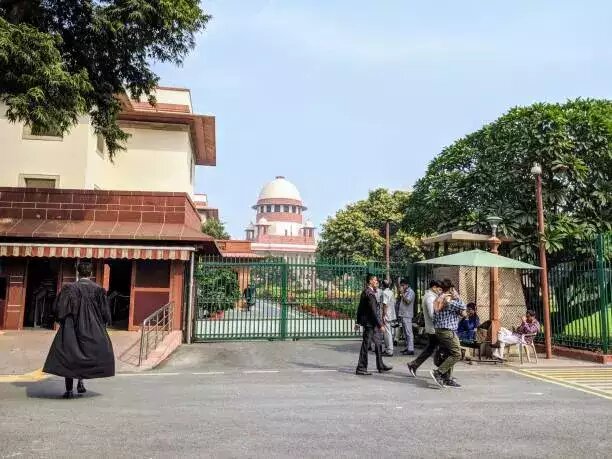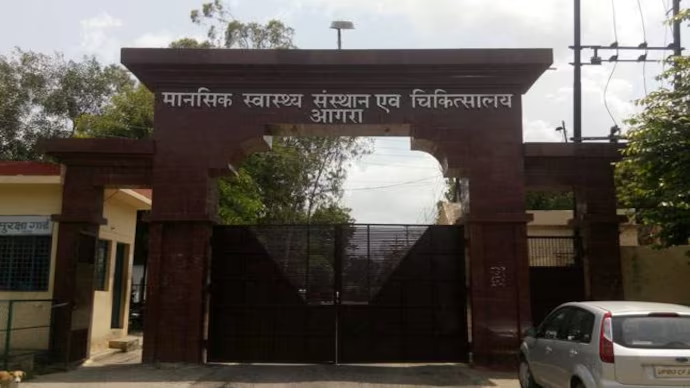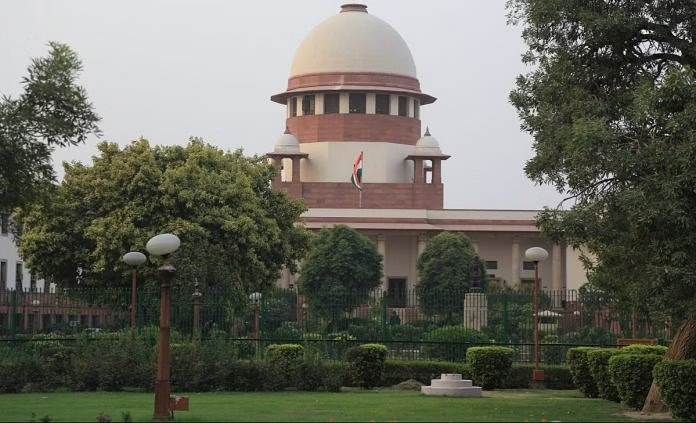A public interest litigation has been filed in Supreme Court seeking better mental healthcare facilities across the country.
New Delhi: More than 400 students under 18 years of age committed suicide in the national capital of Delhi between 2014 and 2018, a petition filed in the Supreme Court has revealed.
The public interest litigation (PIL) has been filed by lawyer Gaurav Kumar Bansal, who has sought better mental healthcare facilities across the country.
Bansal’s petition says the total count of under-18 student suicides in Delhi was 443 in the last five years, as per an RTI response from the Delhi Police. It says the reasons for these suicides have not been given as most cases are under investigation by the police.
“The reason I filed this PIL is to direct the attention of the government towards increasing the number of suicides, especially among young people. This is also to make sure that they provide mental healthcare facilities like consultation, awareness programmes, call centres and other things,” said Bansal.
He has requested the court to direct all states to plan, design, formulate and effectively implement public health programmes to prevent and reduce suicides. The plea also requests a project to provide aid, support and advice to persons with suicidal thoughts through call centres and helplines.
A growing menace
Between 2011 and 2015, Delhi had seen a suicide rate close to the national average of 10 per cent. Official data from the National Crime Records Bureau is only available until 2015.
However, nationally, suicide has increasingly become a major cause of death among India’s young people. According to a research paper published in Lancet Public Health, India accounted for 60.9 per cent of all suicide deaths in the world in 2016, up from 44 per cent in 1990.
For the age group 15 to 39, suicide was the leading cause of death. “71.2 per cent of the suicide deaths among women and 57.7 per cent among men were in this age group,” the study said.
Dr V. Senthil Kumar Reddi, who has been doing an extensive research on suicide at National Institute of Mental Health and Neurosciences (NIMHANS), added: “In terms of trends, it would be difficult to make an analysis only for Delhi in the absence of year-wise data, but nationally, suicide has been increasing, as is shown in global studies as well.
“The rates of suicide have increased, and the population of people committing suicide has also increased.”
Exam stress & failed relationships among reasons
Aruna Bordoloi, a consultant at the Fortis Stress Helpline run by the hospital chain’s department of mental health and behavioural sciences in Delhi, said the pressure of examinations and results is a huge reason for youngsters to be stressed.
“We do get a lot of calls from young people and the numbers increase during exams and results. Students call us saying that they are stressed and under pressure. Other than this, relationship-related calls are also very common from young people,” Bordoloi told ThePrint.
“If they are extreme stress calls, we try to put the caller in touch with people who are near them. For example, if they are at home we ask them to speak to their parents, or a roommate if they are in hostel,” she added.
Reddi said there are multiple reasons that contribute to suicide. “Suicide is a multifactorial phenomenon. However, studies have proven that 40 per cent of cases are because of clinical depression or medical reasons, and 60 per cent are due to social and economic factors, like failure of a relationship, academic failure or financial issues.”
Awareness needed, not stigma
Mental health experts say awareness and getting rid of the stigma associated with consulting a psychiatrist are important.
Nimesh Desai, director at the Institute of Human Behaviour and Allied Sciences (IHBAS), said: “Every death which was preventable and has not been prevented is a cause of concern. All suicide behaviours should be made preventable. This is where mental health awareness programmes come in place.”
He pointed out that Delhi’s mental health infrastructure needs better utilisation. “Thankfully, Delhi has a mental health infrastructure in place. It’s all about proper utilisation. In IHBAS itself, we treat between 500-600 patients in the psychiatry ward, which indirectly means stopping that many potential suicides,” Desai said. “Awareness about mental health issues needs to be better if we have to stop suicides, especially when it comes to young people. There should be better consultation facilities in schools and colleges and better coordination between state authorities and schools.”





